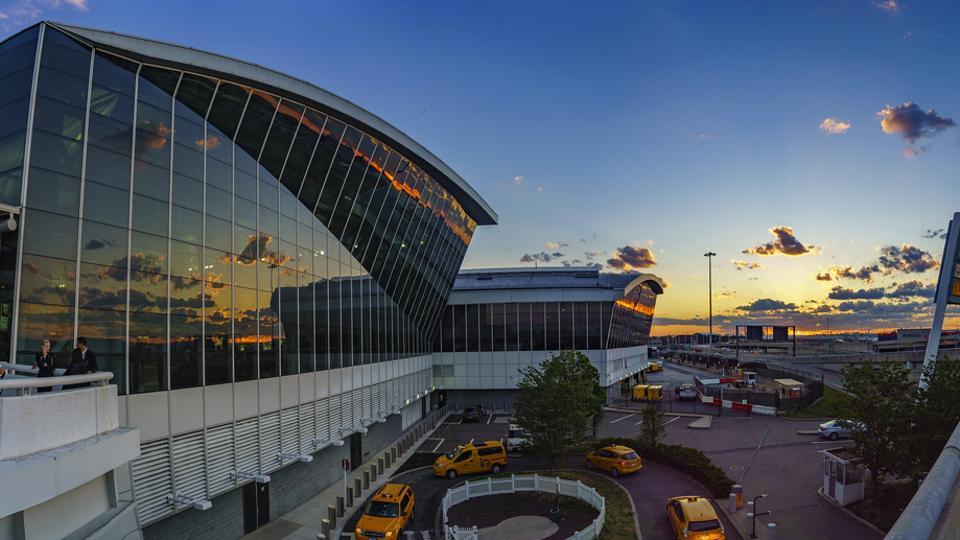- According to the report released recently by the Airports Council International (ACI),New Delhi’s Indira Gandhi International (IGI)Airport has jumped six notches to break into the league of the top 20 busiest airports in the world for 2017 in terms of traffic volumes.
- The GMR-group-run New Delhi airport jumped from 22nd rank in 2016 to 16th rank, solidifying its status as one of the fastest growing airports in the world for passenger traffic. The ranking is based on the preliminary passenger traffic results for the most-travelled airports in 2017.
- Hartsfield-Jackson Atlanta International Airport (ATL) was ranked the busiest airport in the world with 103 million passengers (both departing and arriving) despite a 0.3 per cent decline in traffic volumes over 2016.
- Founded in 1991 with the objective of fostering cooperation among its member airports and other partners in world aviation, ACI is the trade association of the world’s airports, currently serving 641 members operating from 1,953 airports across 176 countries.
- Delhi, the country’s busiest airport for passenger traffic, grew by 14.1 per cent year-over-year at 63.45 million, pushing it up from 22nd to the 16th busiest airport in the world,” the ACI said in the release.
- Even with this rapid growth in throughput, Delhi was also ranked first in Airport Service Quality for airports above 40 million passengers per annum along with the Mumbai airport, it said.
- Besides, Kolkata, Hyderabad, Bengaluru and Chennai were also ranked among the fastest growing airports in the world with an year-over-year growth of 26.9 per cent, 19.6 per cent, 12.9 per cent and 10.5 per cent, respectively during 2017, the ACI said in the release.
- Growing rapidly in relatively short period of time, India is poised to be one of the largest aviation markets in the world in the years to come, the ACI reported.ACI’s World Airport Traffic Forecasts predicts that the country will represent the third largest aviation market, in terms of passenger throughput, after the US and China by 2020.
Source: Hindustan Times

